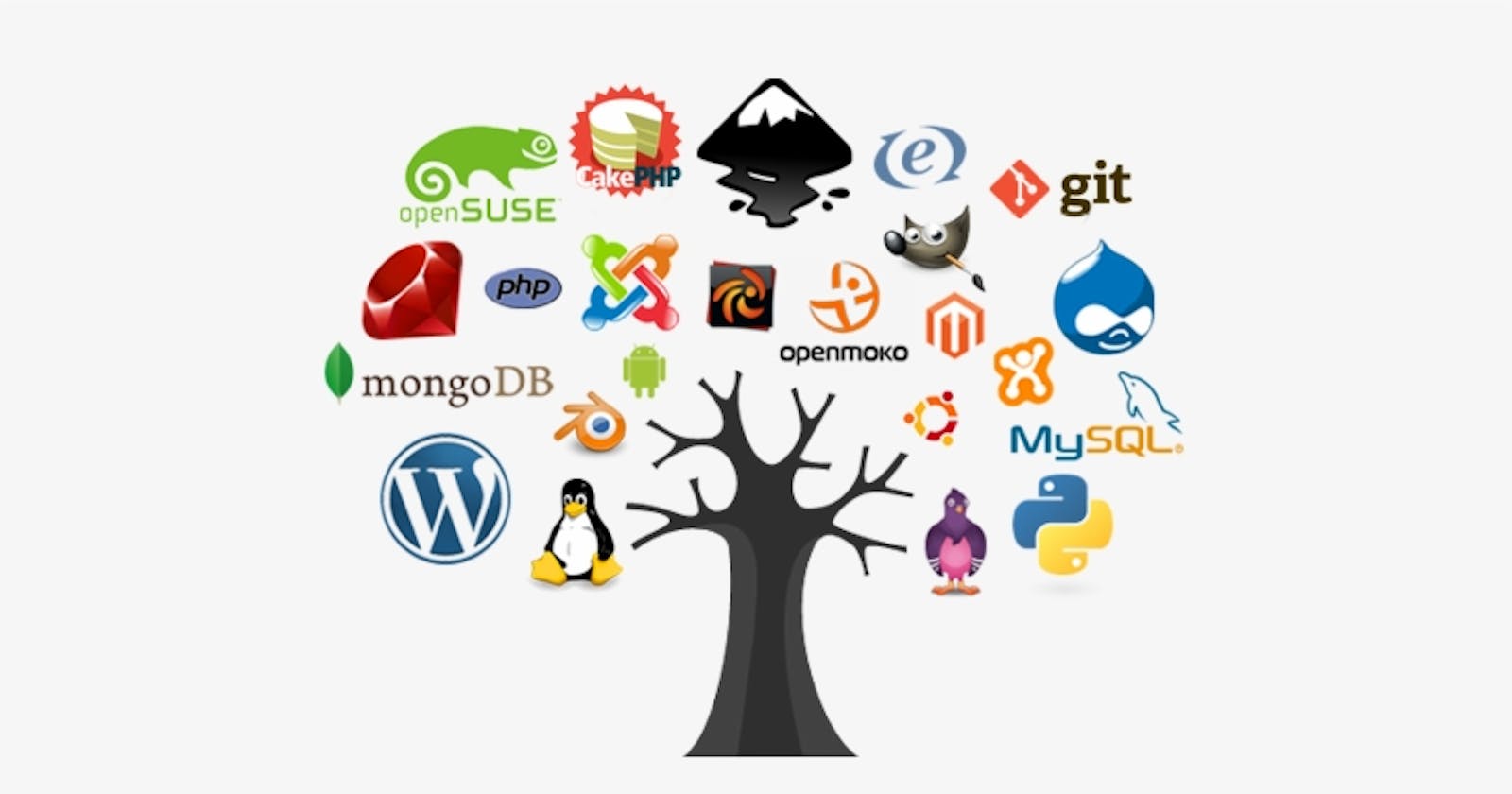Unleashing the Power of Open Source: A World of Collaboration and Innovation
In today's fast-paced and interconnected world, the concept of open-source software has emerged as a powerful driving force behind technological advancements and innovation. Open source has revolutionized the way software is developed, shared, and improved, fostering a culture of collaboration, transparency, and community-driven progress. In this blog, we delve into the world of open source, exploring its benefits, challenges, and the remarkable impact it has on industries and individuals alike.
Defining Open Source: Freedom to Innovate
At its core, open source refers to software whose source code is made available to the public, allowing anyone to view, modify, distribute, and enhance it. This approach stands in contrast to proprietary software, which is typically developed and owned by a single entity. The principles of open-source software are grounded in four key freedoms:
Freedom to Use: Open-source software can be used for any purpose without any restrictions, enabling businesses and individuals to leverage technology without limitations.
Freedom to Study: With access to the source code, developers can study how the software works, facilitating learning and exploration.
Freedom to Modify: Users have the right to modify the software to suit their specific needs, fostering customization and adaptability.
Freedom to Share: Open-source software can be shared with others, promoting collaboration and the sharing of knowledge.
Collaboration in Action: The Open Source Community
At the heart of open source lies a vibrant and global community of developers, designers, and enthusiasts who collaborate to create, maintain, and improve software projects. This collaborative spirit is exemplified by platforms like GitHub, GitLab, and Bitbucket, which provide spaces for individuals to contribute to projects, offer feedback, and engage in discussions. Through this collective effort, open source projects can evolve rapidly, benefiting from the diverse skill sets and perspectives of contributors from around the world.
Benefits Galore: Why Open Source Matters
The impact of open source extends far beyond the realm of software development. Here are some key benefits that highlight its significance:
Innovation: Open source accelerates innovation by allowing developers to build upon existing solutions, reducing redundancy and saving time.
Cost-Effectiveness: Businesses can reduce costs by utilizing open-source software, as it eliminates licensing fees and offers the freedom to customize solutions without vendor lock-in.
Quality and Reliability: The collaborative nature of open source leads to thorough code review and testing, resulting in more reliable and secure software.
Community Building: Open source projects foster a sense of community and camaraderie, connecting like-minded individuals and promoting knowledge sharing.
Global Reach: Open source transcends geographical boundaries, enabling people from different cultures and backgrounds to collaborate on shared goals.
Education and Learning: Open source encourages learning and skill development, as aspiring developers can study existing code and contribute to projects.
Challenges and the Path Forward
While open source brings forth a multitude of benefits, it is not without its challenges. One significant hurdle is maintaining sustainable development and funding for projects. As contributors are often volunteers, ensuring long-term support and resources can be a struggle. Additionally, managing intellectual property rights and addressing security concerns are ongoing endeavors.
To address these challenges, initiatives such as the Open Source Initiative (OSI) and the Free Software Foundation (FSF) work to establish best practices, advocate for open-source principles, and provide guidance on licensing. Moreover, companies and organizations are recognizing the value of open source and are increasingly contributing time, expertise, and financial support to ensure the vitality of critical projects.
Participate and Propel: Getting Involved in Open Source
Engaging with open source is not limited to seasoned developers. Whether you're a coder, designer, writer, tester, or simply someone passionate about technology, there are numerous ways to contribute:
Code Contribution: Contribute your coding skills to ongoing projects, fix bugs, add new features, and enhance existing functionalities.
Documentation: Improve project documentation, making it more accessible and understandable for users and contributors.
User Support: Assist fellow users by answering questions, troubleshooting issues, and sharing your experiences.
Design and User Experience: Enhance the visual and user experience aspects of projects through design, user interface (UI) and user experience (UX) improvements.
Community Engagement: Participate in discussions, forums, and events related to open source, connecting with like-minded individuals and sharing knowledge.
Financial Support: Consider financially supporting open source projects that are essential to your work or align with your values.
Conclusion: Empowering a Shared Future
Open source is more than just a model of software development; it's a philosophy that empowers individuals and communities to collaborate, innovate, and shape the future of technology. By embracing the principles of open source, we tap into a wellspring of creativity and expertise, forging a path toward a more inclusive, dynamic, and interconnected world. So, whether you're a seasoned developer or a curious enthusiast, there's a place for you in the open source community—a place where collaboration knows no bounds and innovation knows no limits.
Links to Some Free Resources :-
